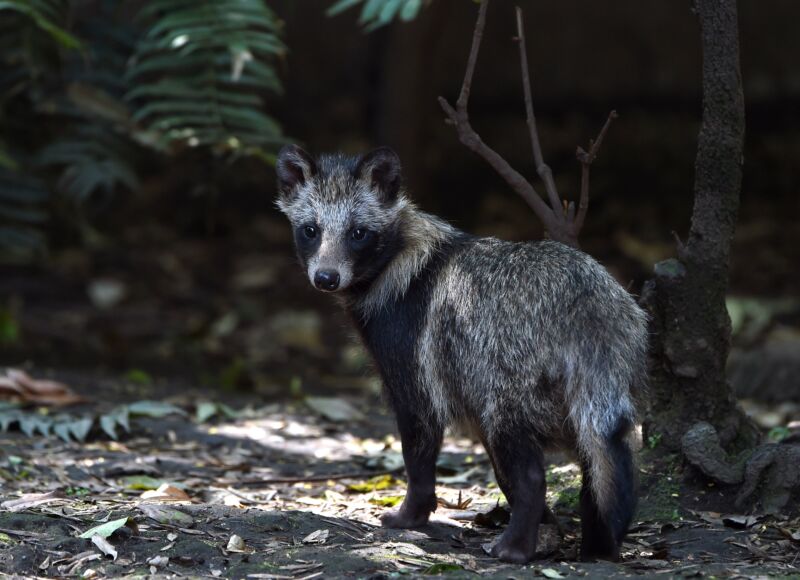Genetic data links SARS-CoV-2 to raccoon dogs in China market, scientists say

Enlarge / A raccoon dog at the Chapultpec Zoo in Mexico City on August 6, 2015. (credit: Getty | ALFREDO ESTRELLA/)
Newly obtained genetic data from the Chinese Center for Disease Control and Prevention (China CDC) links the pandemic coronavirus SARS-CoV-2 to animals-specifically raccoon dogs-at the Huanan Seafood Wholesale Market in Wuhan, where the earliest COVID-19 cases centered, a group of independent scientists told the World Health Organization this week.
The genetic data came from environmental swabs collected at the market by China CDC in January of 2020. The existence of these swabs was previously known, as was the fact that they were positive for SARS-CoV-2 genetic material. But in late January of this year, scientists at China CDC uploaded-and then later removed-additional genetic data from these swabs to a public genetic database called GISAID, the WHO said. That additional data, which had not been previously disclosed, indicates that the SARS-CoV-2-positive swabs also contained genetic material from humans and animals, particularly large amounts of genetic material that closely matches that of raccoon dogs.
Raccoon dogs-foxlike animals whose faces closely resemble those of raccoons-are known to be susceptible to SARS-CoV-2 infection and were known to be sold at the market.